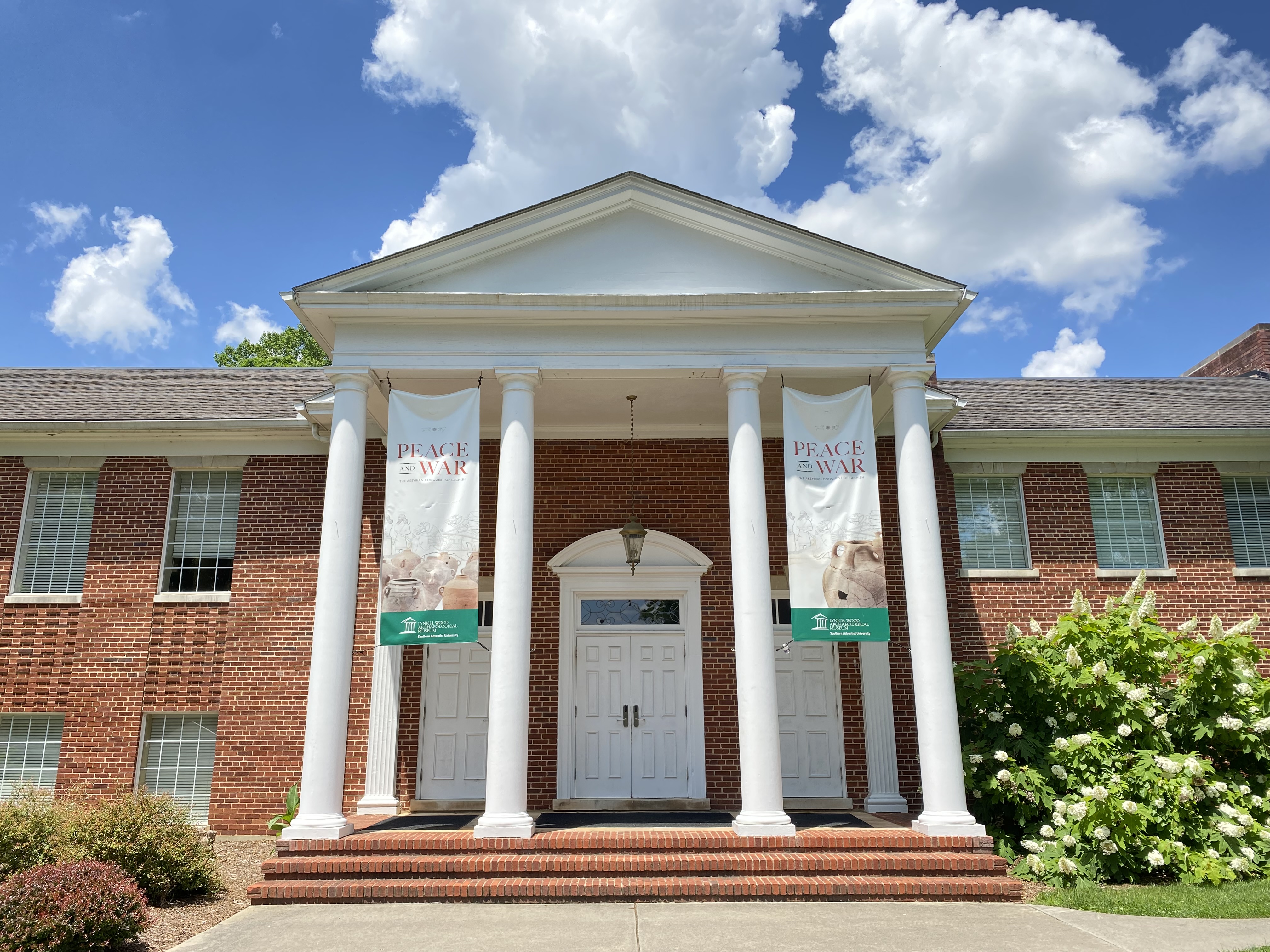
BECOME A MUSEUM DOCENT
What is a docent?
The word docent is derived from the Latin verb, “docere,” meaning, “to teach.” A museum
docent’s primary task is to educate the visitor about the museum’s collections and
exhibits. At the Lynn H. Wood Archaeological Museum docents are trained volunteers
who guide visitors through the museum and are available to answer questions.
Docents engage visitors of all ages and backgrounds in an active exploration of art,
history, and archaeology. They are the museum’s public representatives. In addition
to facilitating the visitor’s experience, docents are responsible for staffing the
docent’s desk, monitoring museum equipment and displays, maintaining the docent log,
and encouraging visitor feedback through visitor survey online form. Experienced docents
may be asked to give guided tours.
BECOMING A MUSEUM DOCENT
Lights Volunteers
Become a Lights Volunteer
Expectations
Docents are expected to thoroughly familiarize themselves with the content of the museum’s exhibitions and have a basic knowledge of the objects in the museum. In addition, every docent must attend docent meetings and may be asked to participate in the museum’s special events. Finally, a docent is expected to adhere to the dress code and dress appropriately when on duty.
Qualities
Training
Benefits
- An initial training program in museum education and interpretive techniques.
- Invitations to symposia, gallery talks, and other continuing education events.
- Field trips, including docent-led tours at neighboring museums.
- Time with others who are passionate about art, archaeology, and learning.
- Time with archaeologists, biblical scholars, art historians, and museum professionals.
- Invitations to exhibition opening receptions at the museum.
- Invitations to various Institute of Archaeology events and activities.
- Free Museum membership and subscription to DigSight newsletter.
- Unrestricted access to the William G. Dever Research Library.
- Annual docent appreciation dinner and/or excursion.
Contact
P.O. Box 370
Collegedale, TN 37315